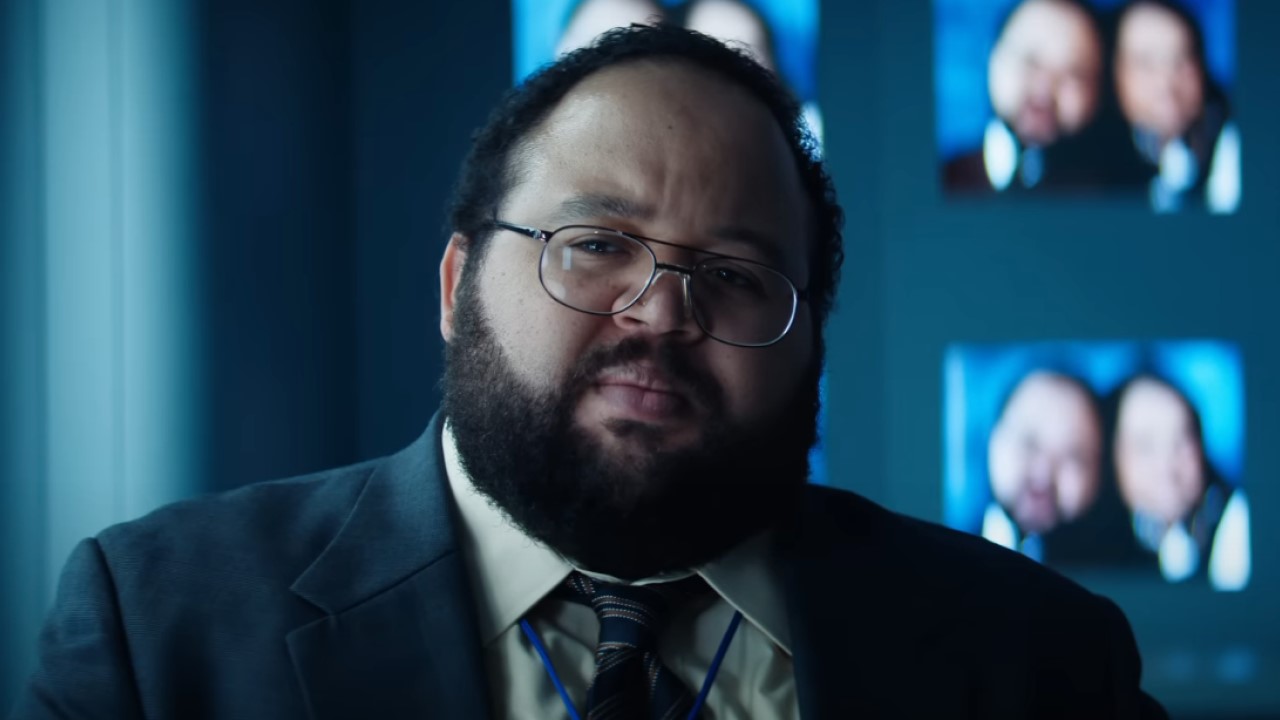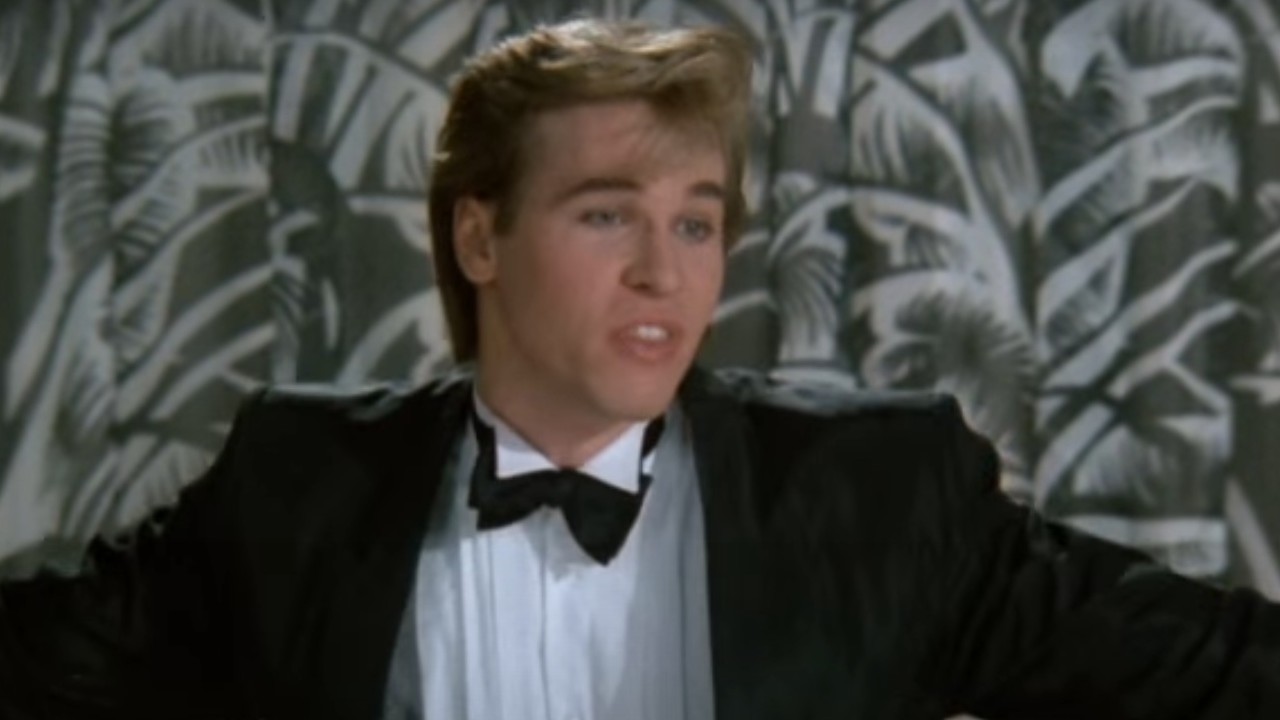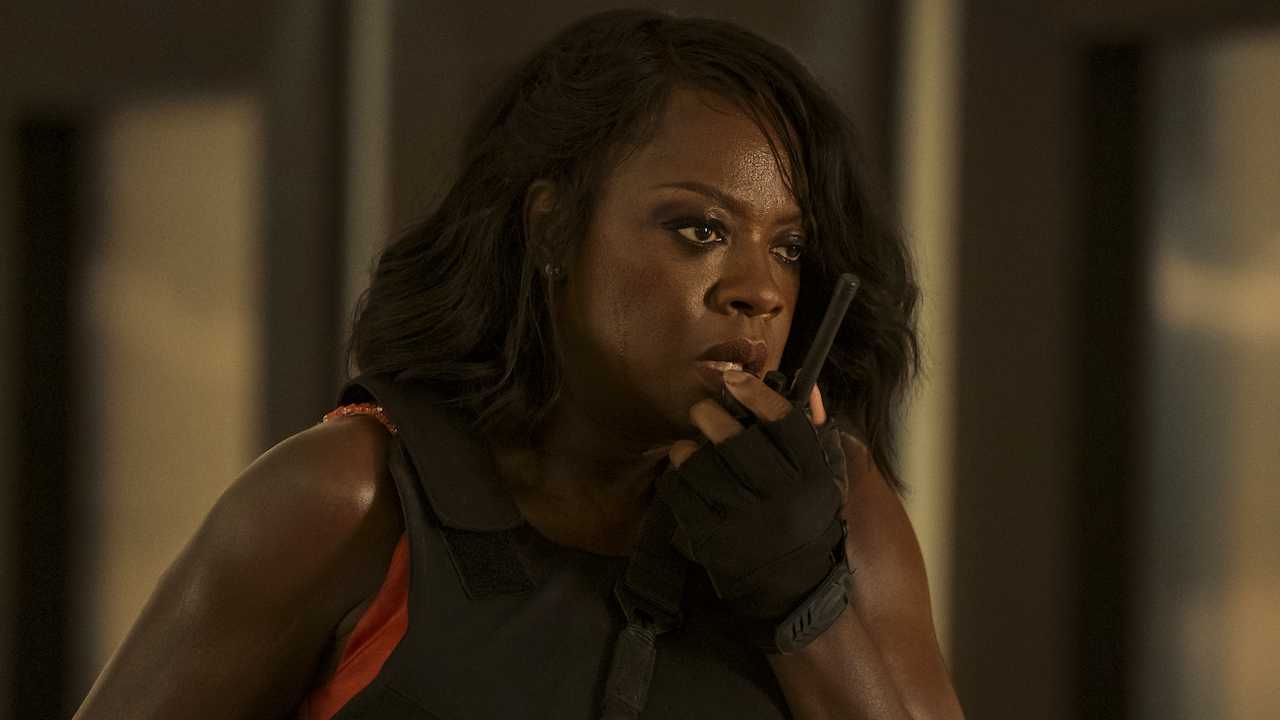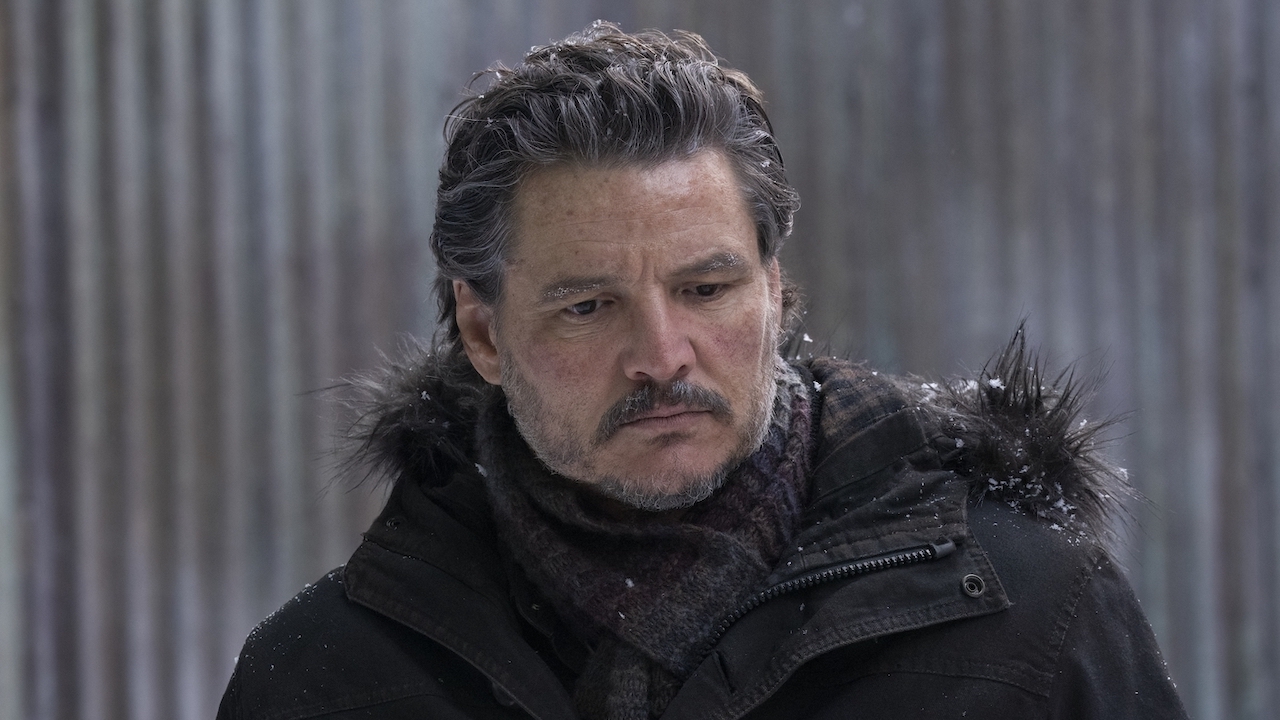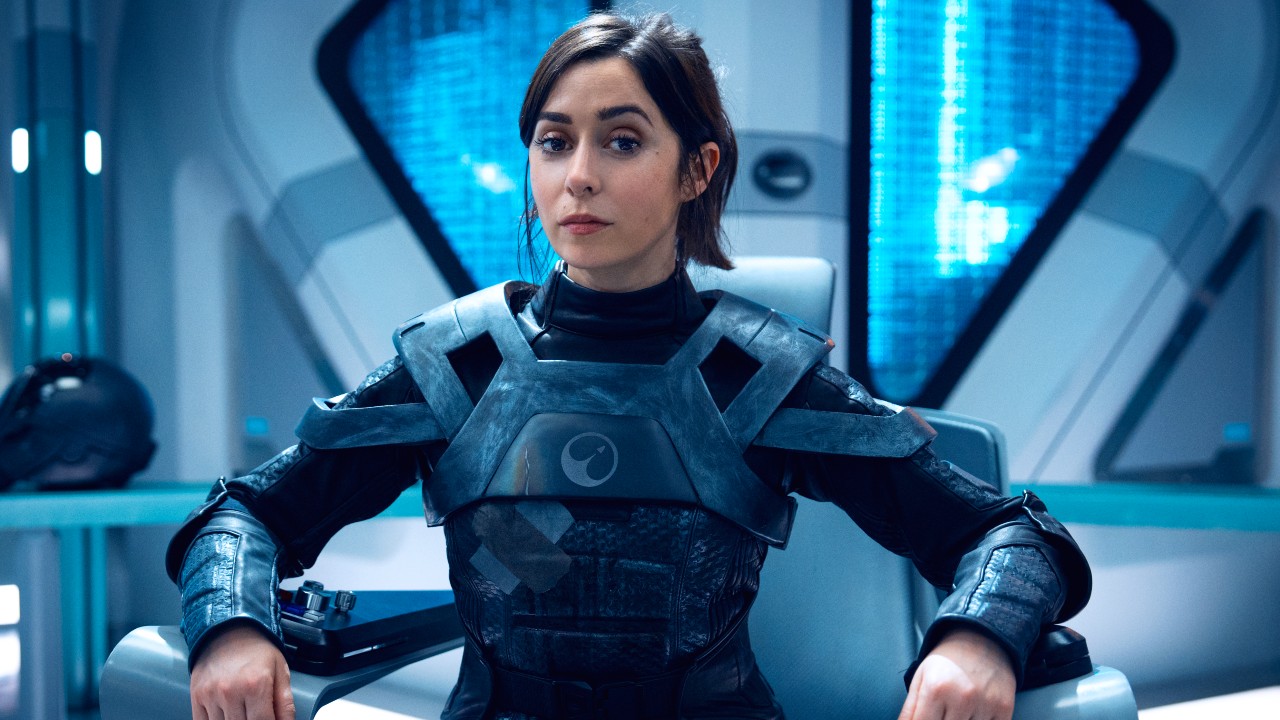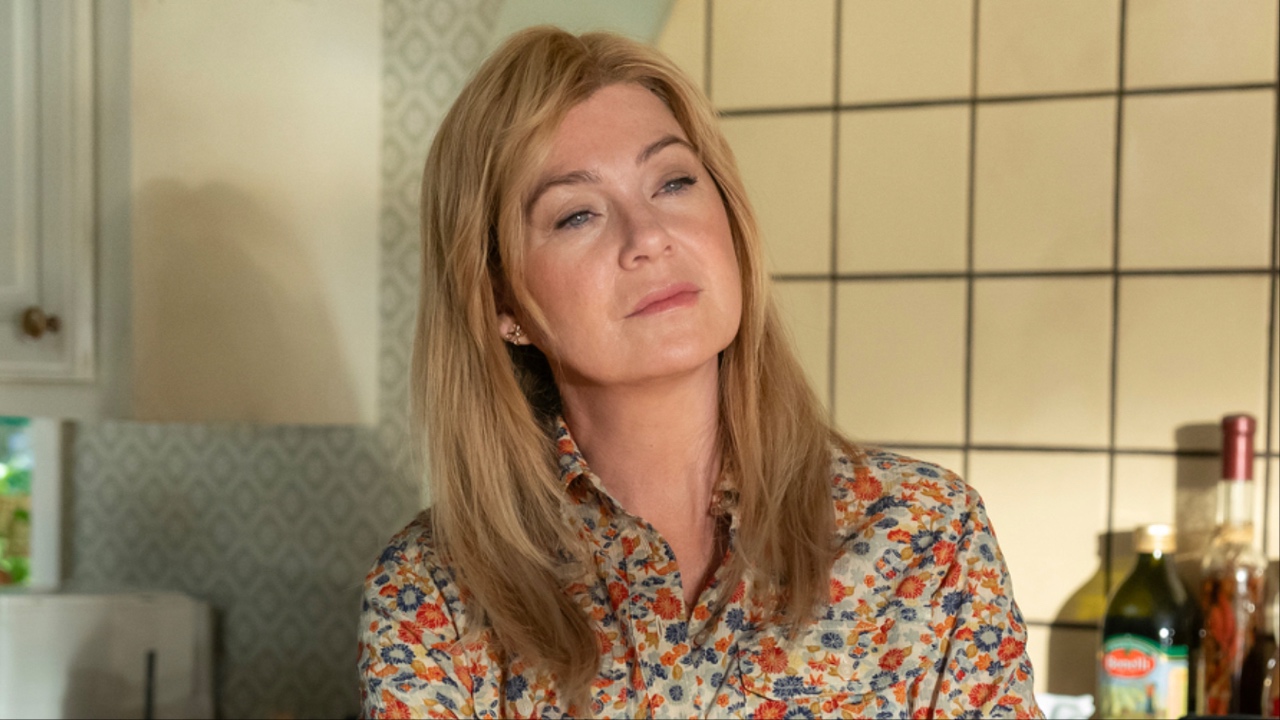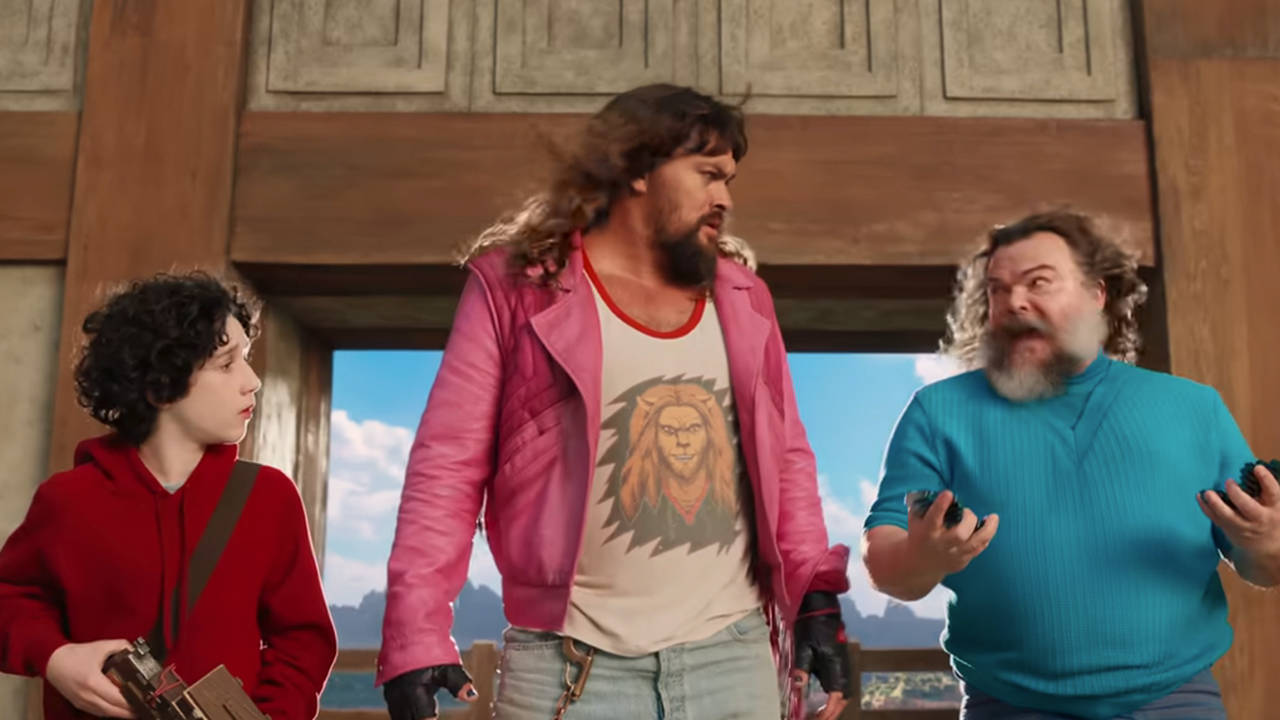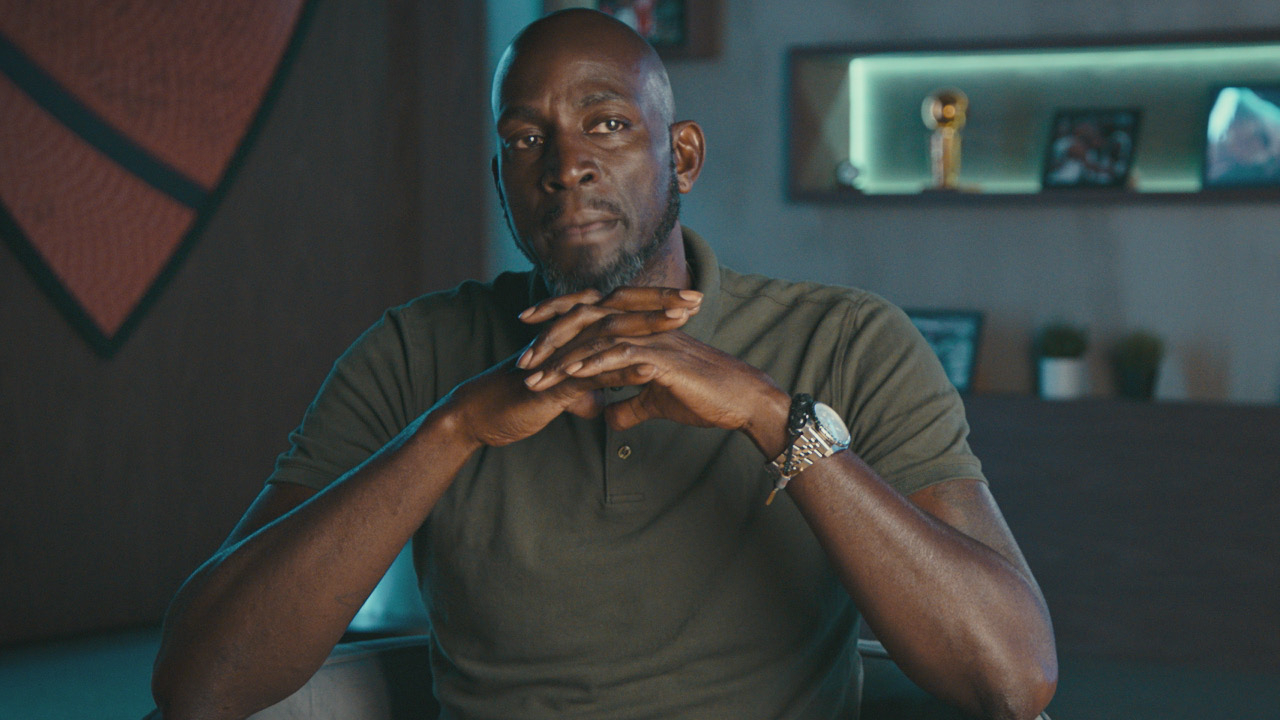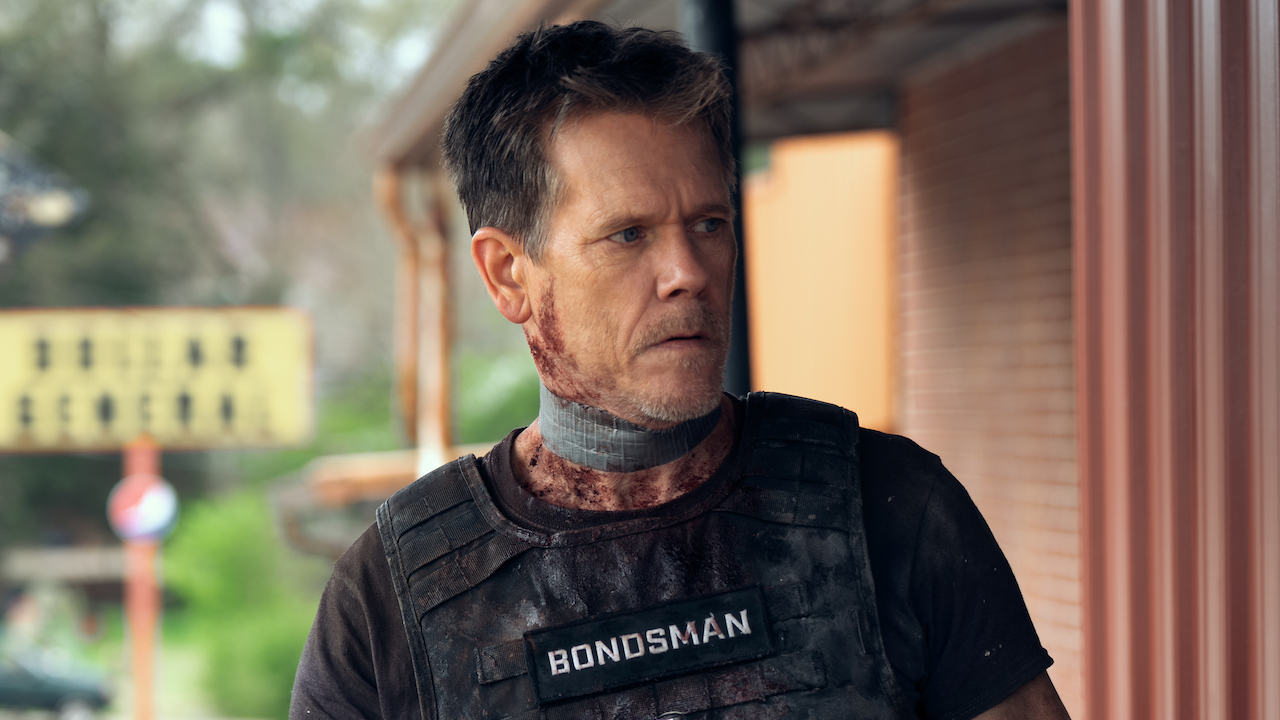A Christmas Carol: 8 Facts You Might Not Know About Charles Dickens’ Story And Its Many Adaptations
Okay, time to revisit A Christmas Carol.
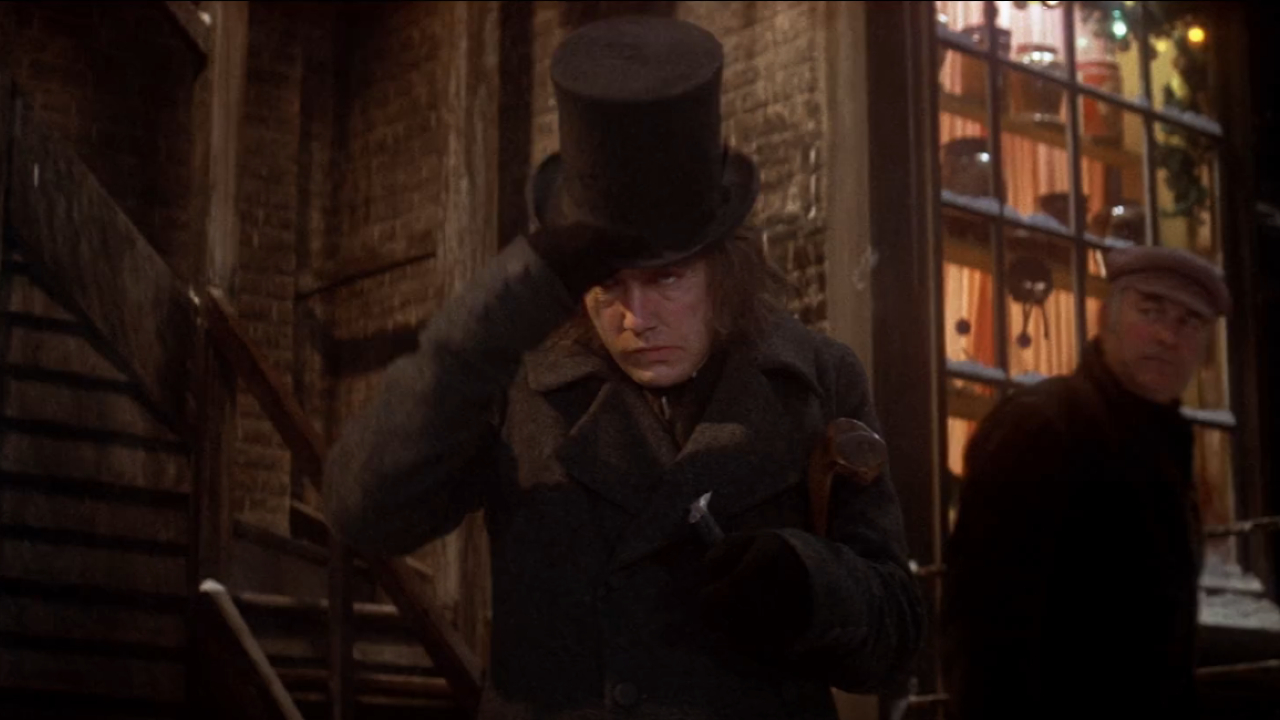
Charles Dickens’ classic novella, A Christmas Carol, has been adapted time and after, ever since its original publication nearly 180 years ago, with countless film and TV adaptations having been released over the course of the past century. Decorated actors like Albert Finney, George C. Scott, Michael Caine, and even Bill Murray have played some version of Ebenezer Scrooge over the years, introducing the timeless story to audiences all over the world.
As part of CinemaBlend’s partnership with Plex, where you can find several adaptations of A Christmas Carol streaming for free among their Merrython collection of holiday films, we’ve put together a quick list of eight facts about the classic story and the various productions inspired by it. Hopefully, you’re not left saying “Bah Humbug” after reading these stories…
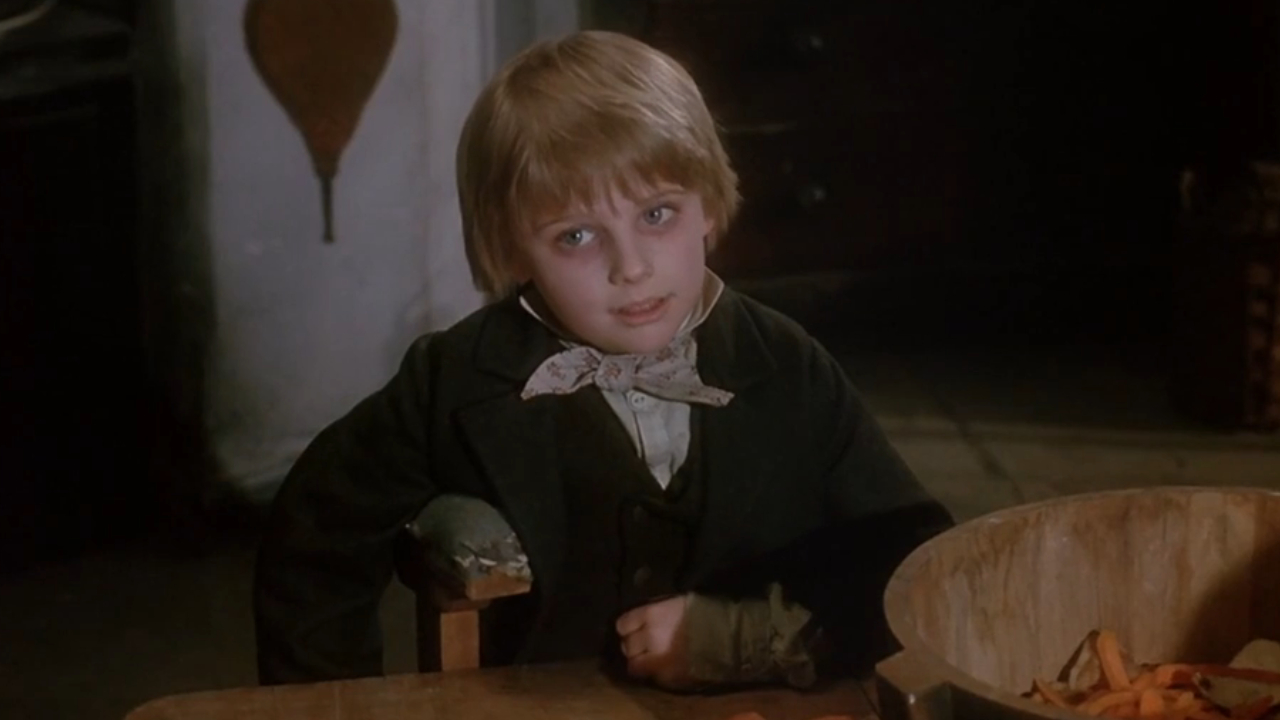
Charles Dickens Based The Tiny Tim Character On His Own Family Members
Ebenezer Scrooge is undoubtedly one of the most iconic literary characters of all time, but another classic figure from Charles Dickens’ A Christmas Carol is Tiny Tim, Bob Cratchit’s happy yet seriously ill son. The young boy, who serves as the catalyst for Scrooge’s change in the original story, as well as the various adaptations based on the novella, was inspired by several members of Dickens’ family. According to Biography.com, the character was based on the author’s sickly brother, known as Tiny Fred, and a nephew with a disability, Henry Burnett Jr., who he had met on a trip to Manchester.
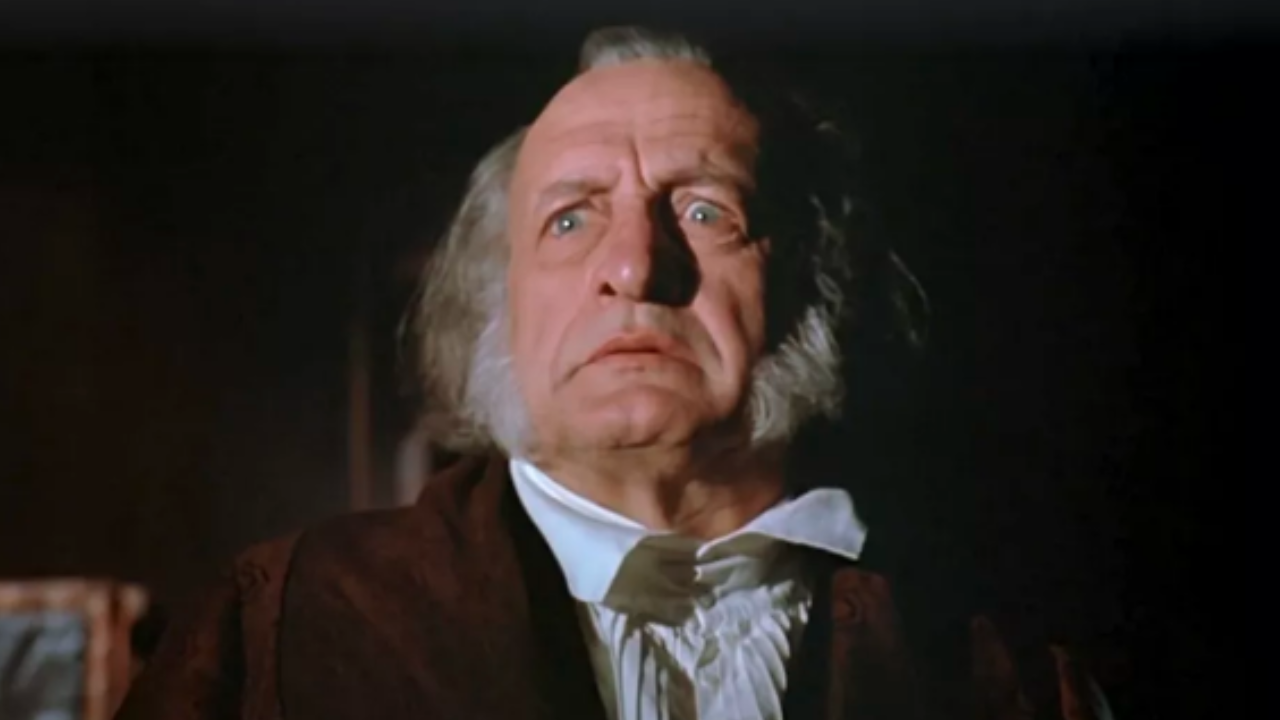
Despite Selling Out In Its First Week, Dickens Initially Made Little Money On A Christmas Carol
A Christmas Carol has become a holiday institution and one of the most well-known titles of all time. And while it was an initial success – the first printing of 6,000 copies sold out in the first week of publication – Charles Dickens didn’t make a whole lot of money off his treasured novella initially. According to the Guardian, due to the binding stamped with gold lettering on the spine and front cover, gilded edges, four hand-colored etchings and four woodcuts, and numerous other requirements issued by the author, the book was extremely expensive to produce. By the time the costs were covered with the initial run, Dickens made a mere £137 (or $172) for his work on the first published edition.
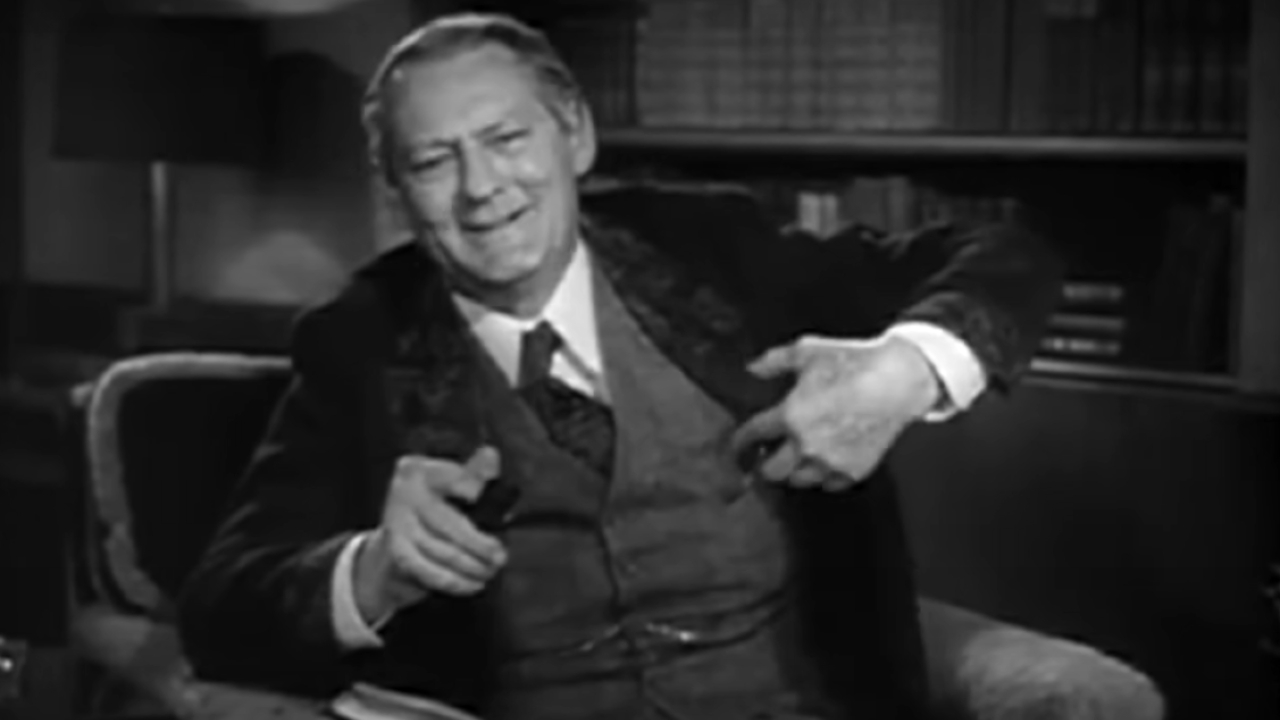
Lionel Barrymore, Who Played Scrooge In Various Radio Productions, Had To Drop Out Of The 1938 Film Adaptation At The Last Minute
The first Hollywood production of A Christmas Carol with sound was released in 1938, and was slated to feature Lionel Barrymore, who had played the character in multiple radio adaptations over the years, but the great-uncle of Drew Barrymore had to drop out at the last minute. According to a Turner Classic Movies introduction for the movie, Barrymore injured himself on the set of another production just as shooting was set to begin and was forced to drop out. Barrymore’s good friend and fellow actor, Reginald Owen stepped in and took over the part.
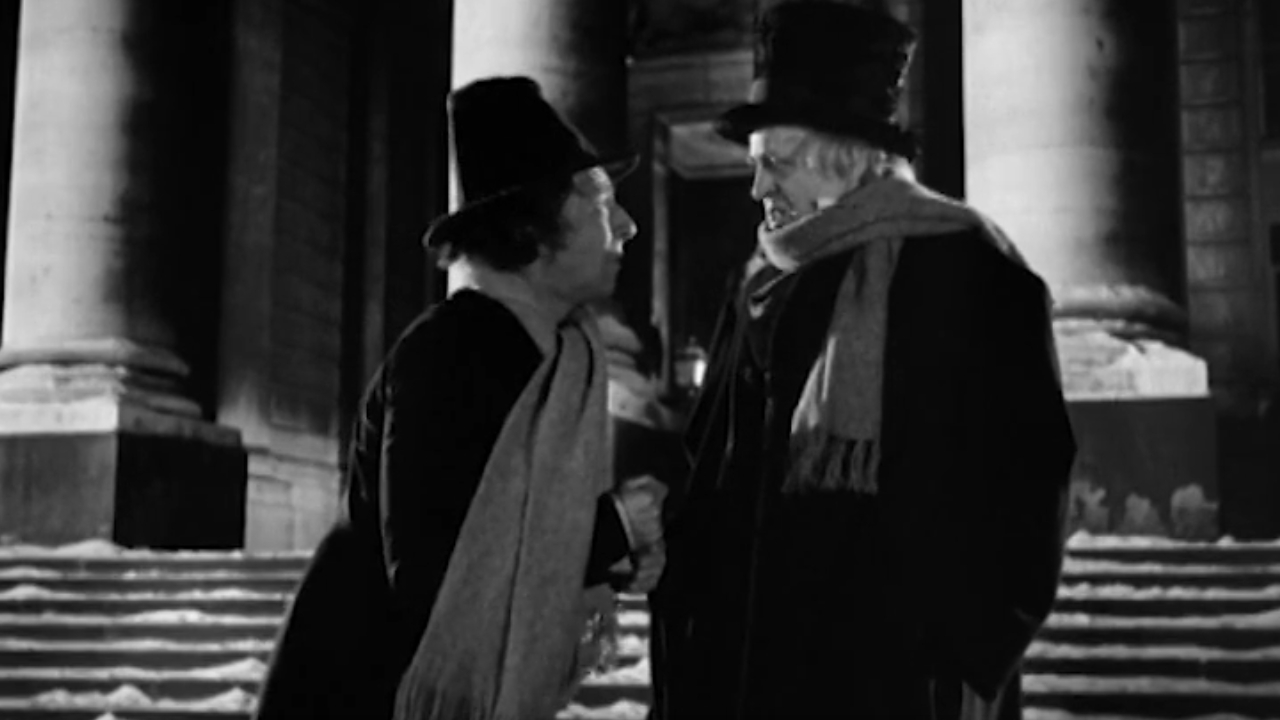
A Showing Of 1951’s A Christmas Carol At Radio City Music Hall Was Canceled Because Of The Film’s Dark And Depressing Tone
Adaptations of A Christmas Carol have had different tones over the years, with some leaning more towards the comedy, and others focusing on the dark nature of the story. The latter is true for Brian Desmond-Hurst’s 1951 film adaptation starring Alastair Sim as Ebenezer Scrooge. Though this version has become a cherished classic in the decades since its release, this wasn’t always the case as it fell in the shadow of the 1938 version released a little more than a decade earlier. In fact, its United States premiere didn’t go off as planned.
According to Turner Classic Movies, Radio City Music Hall was supposed to host a showing of the movie originally released in the United Kingdom as Scrooge but canceled it because its management felt the film was too depressing for its audience. It would, however, become a success in the years that followed.
CINEMABLEND NEWSLETTER
Your Daily Blend of Entertainment News
Stream A Christmas Carol (1951) on Plex.
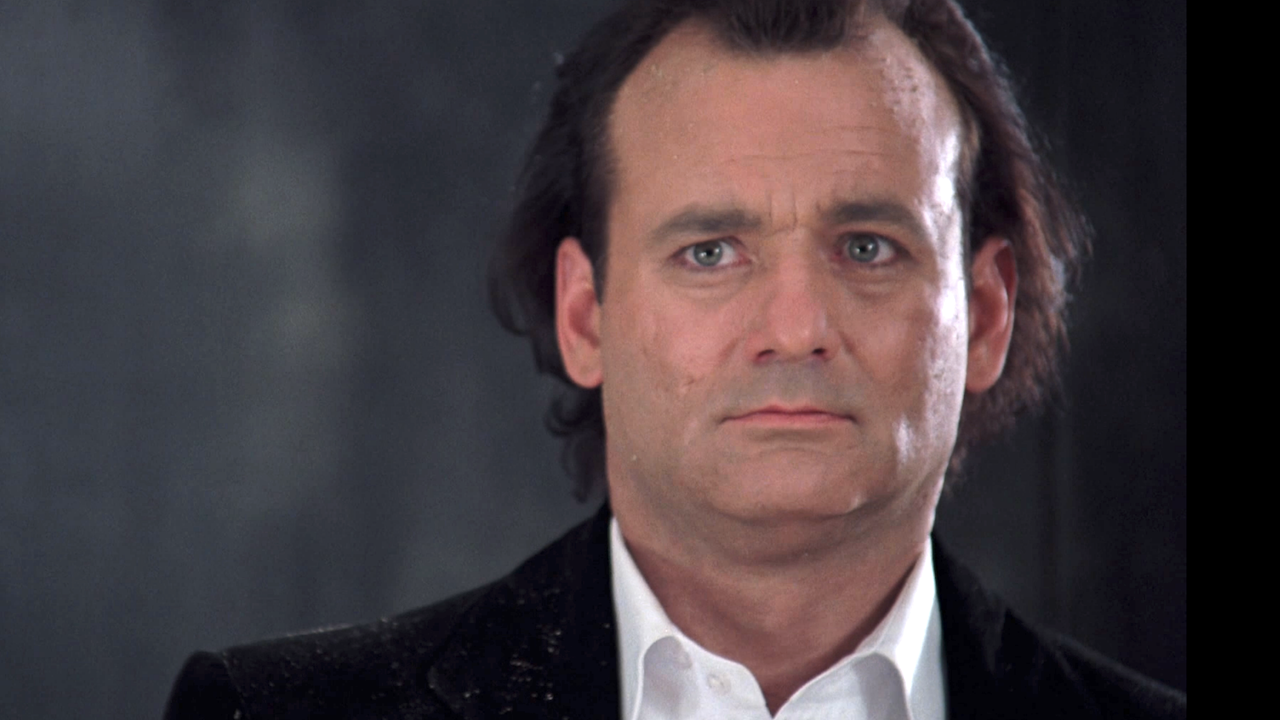
Richard Donner Fired The Scrooged Cast And Crew So They Could Have Christmas Day Off
Richard Donner’s Scrooged, which saw Bill Murray play Frank Cross, a cynical TV executive inspired by Ebenezer Scrooge, has become a staple of Christmas marathons since its 1988 release, but the cast almost had to work the big holiday themselves. Well, that is until the director stepped in, as Bobcat Goldthwait later told Yahoo! Entertainment:
He fired everybody a couple of days before Christmas under the guise that he was going to hire us all back. So he made sure that we got that holiday. He said, ‘You’re fired’ and everybody cheered. He’s kind of an awesome guy.
Production on the film started just before the 1987 holiday season and the cast and crew weren’t initially going to get any time off during Christmas, which is why the Superman director decided to “fire” everyone.
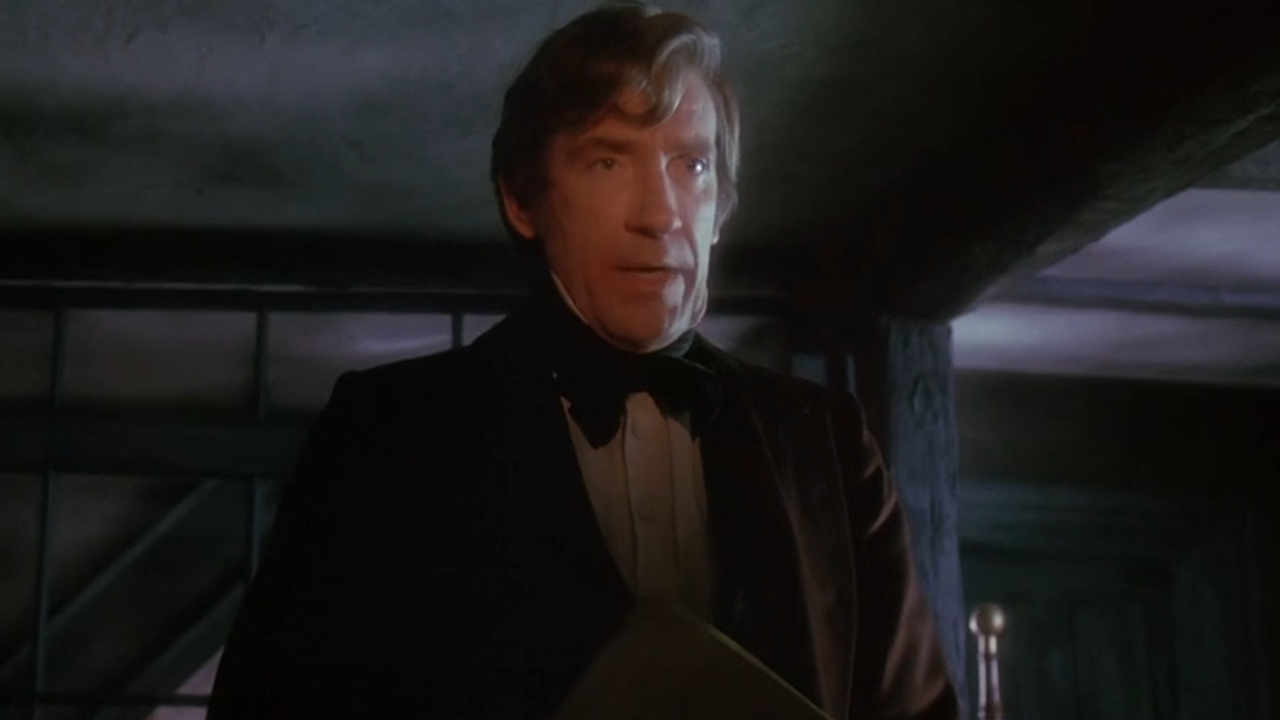
After Being Approached To Play Marley’s Ghost In 1984’s A Christmas Carol, David Warner Lobbied To Play Bob Cratchit Instead
The late David Warner, who made a career out of playing a variety of villainous characters, ended up playing one of the most sympathetic characters in Clive Donner’s 1984 made-to-television adaptation of A Christmas Carol starring George C. Scott. In a 2019 interview with Red Carpet News TV, Warner said he was initially offered the role of Marley’s Ghost, which went to Frank Finlay, but he really wanted to play Bob Cratchit, Ebenezer Scrooge’s underpaid clerk.
Stream A Christmas Carol (1984) on Plex.
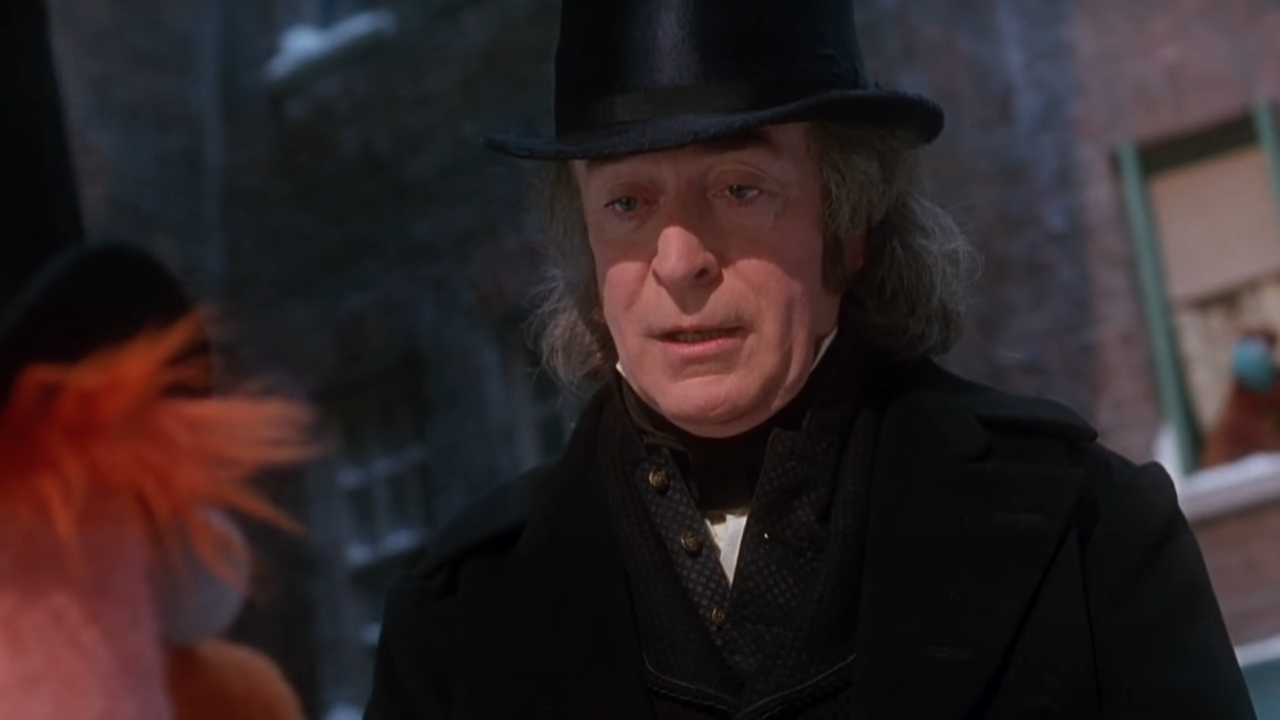
Michael Caine Approached The Muppet Christmas Carol As If He Were Portraying Scrooge In The Royal Shakespeare Company
The Muppet Christmas Carol is often considered one of the best interpretations of Charles Dickens’ famous novella, and one of the most approachable for younger audiences. And despite being geared towards children and featuring all those beloved Muppet characters, Michael Caine approached his role of Ebenezer Scrooge as if he were back on the stage, as director Brian Henson told the Guardian:
When I met Michael Caine to talk about playing Scrooge, one of the first things he said was: ‘I’m going to play this movie like I’m working with the Royal Shakespeare Company. I will never wink, I will never do anything Muppety. I am going to play Scrooge as if it is an utterly dramatic role and there are no puppets around me.’ I said: ‘Yes, bang on!’
Henson, who made his directorial debut with the musical film, said he was initially intimidated by Caine but added that the veteran actor was a delight.
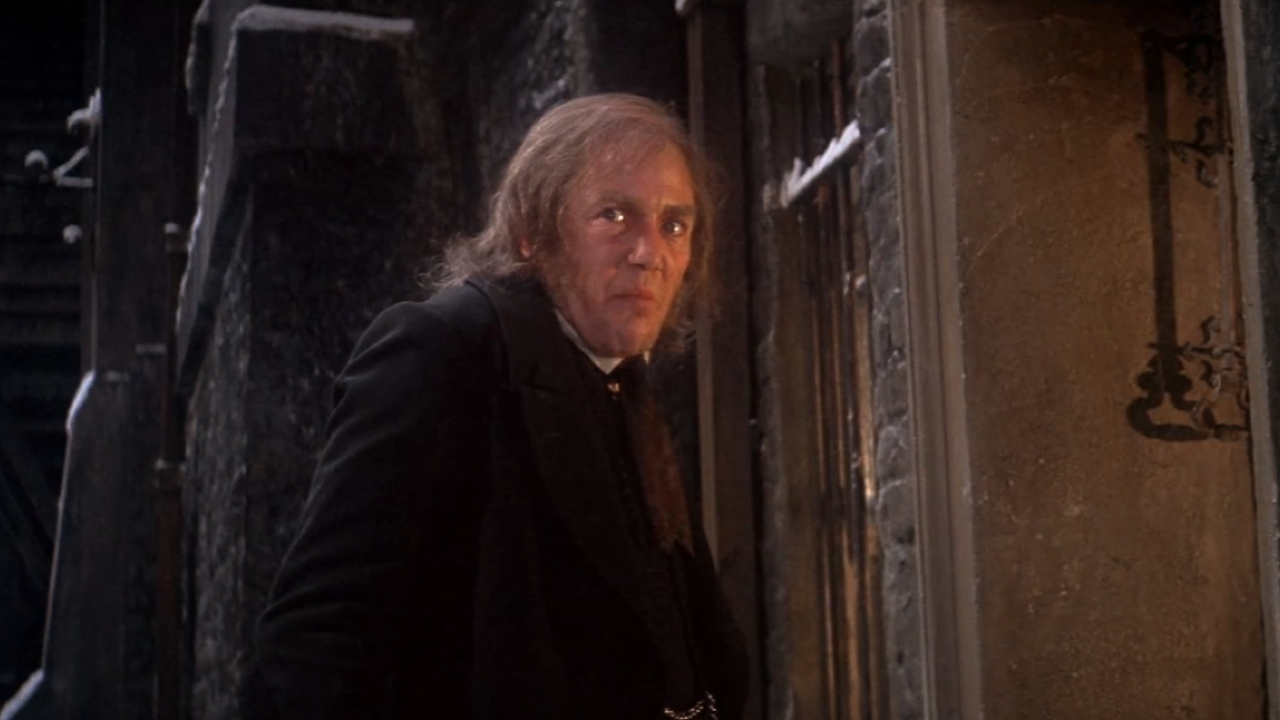
Albert Finney Initially Turned Down The Lead Role In 1970’s Scrooge But Took The Gig After Several Big-Name Actors Had To Drop Out
Albert Finney won a Golden Globe for his take on the titular role in 1970’s Scrooge, but was very close to not playing one of his most important roles. According to Turner Classic Movies, Finney originally turned down the part and it was offered to Richard Harris, who had to drop out when production on a film ran long, and then to Rex Harrison, who backed out due to a stage commitment. When the role became available again, Finney took it on, and the rest is history.
Stream Scrooge (1970) on Plex.
If these facts about A Christmas Carol and its various adaptations make you want to revisit the holiday classic, please know that many of them are streaming for free on Plex right now!

Philip grew up in Louisiana (not New Orleans) before moving to St. Louis after graduating from Louisiana State University-Shreveport. When he's not writing about movies or television, Philip can be found being chased by his three kids, telling his dogs to stop barking at the mailman, or chatting about professional wrestling to his wife. Writing gigs with school newspapers, multiple daily newspapers, and other varied job experiences led him to this point where he actually gets to write about movies, shows, wrestling, and documentaries (which is a huge win in his eyes). If the stars properly align, he will talk about For Love Of The Game being the best baseball movie of all time.
